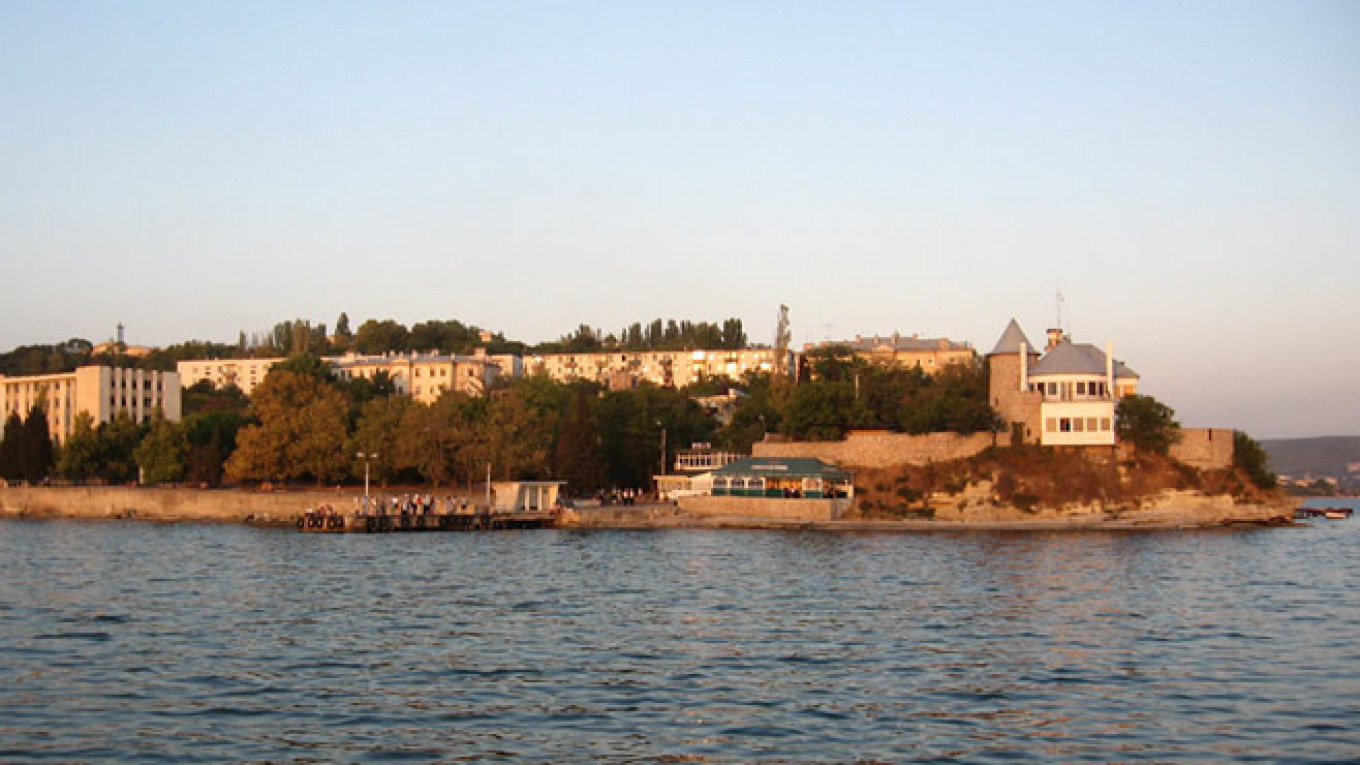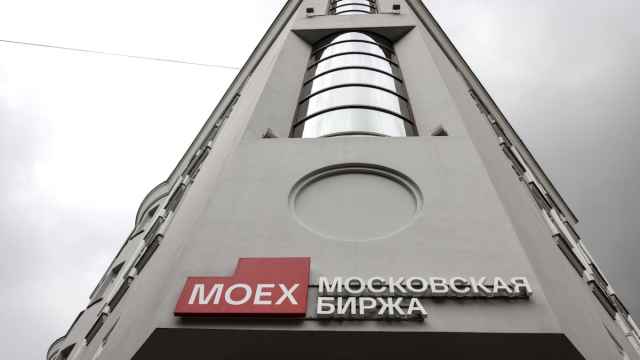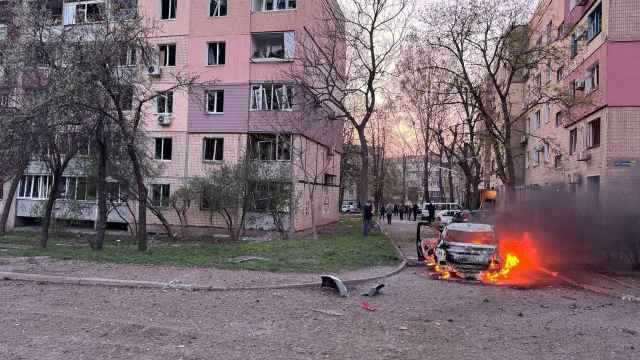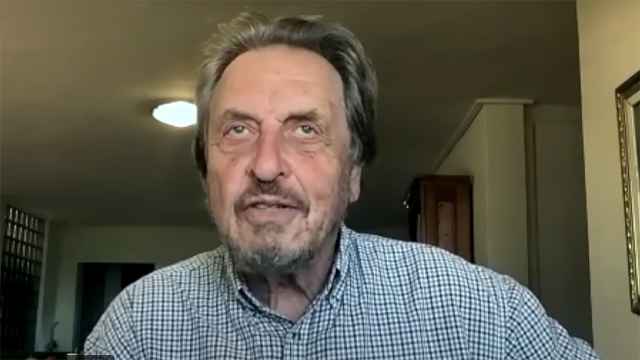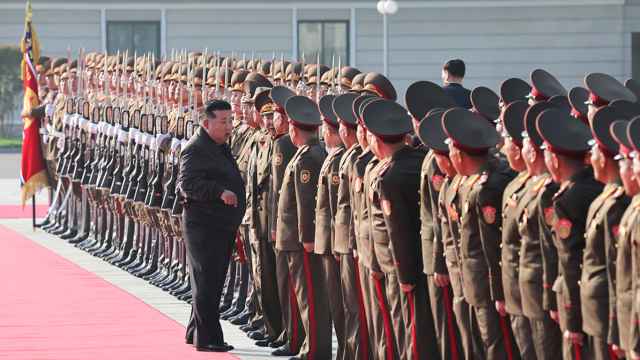VIENNA — Russia has refused to sign off on the UN nuclear watchdog's annual report because the document lists a nuclear reactor near Crimea's Sevastopol as being in Ukraine, two diplomats present at the meeting told Reuters on Monday.
Russia annexed Crimea last year, but most countries still consider it part of Ukraine. Monday's move by Russia is unlikely to block the report, but raises serious questions about jurisdiction in the contested area.
Ukraine protested against Russia's move at the International Atomic Energy Agency's quarterly board of governors meeting, one Western diplomat said.
Russia's envoy to the United Nations in Vienna later confirmed that Moscow disputes the IAEA report.
"It contains information, which contradicts reality, that a number of nuclear objects sitting on the territory of the Russian Crimea fall under Ukraine," RIA news agency quoted Vladimir Voronkov as saying.
"The Russian side stated clearly that after the reunification of Crimea with Russia such statements run against both common sense and international law."
At least eight other countries said they were unwilling to accept Russia's refusal, citing a 2014 UN resolution confirming the territorial integrity of Ukraine, according to the second diplomat.
He added that Russia asked for its views to be reflected in official records of the debate when the IAEA's annual report processes further at the United Nations.
In Kiev, state-run EnergoAtom which looks after nuclear power plants said it has told the IAEA that it cannot accept responsibility for reactors in Crimea because it no longer has access to them since the annexation by Russia.
Russia's Energy Ministry as well as the Rosatom state nuclear energy corporation declined to comment.
A Message from The Moscow Times:
Dear readers,
We are facing unprecedented challenges. Russia's Prosecutor General's Office has designated The Moscow Times as an "undesirable" organization, criminalizing our work and putting our staff at risk of prosecution. This follows our earlier unjust labeling as a "foreign agent."
These actions are direct attempts to silence independent journalism in Russia. The authorities claim our work "discredits the decisions of the Russian leadership." We see things differently: we strive to provide accurate, unbiased reporting on Russia.
We, the journalists of The Moscow Times, refuse to be silenced. But to continue our work, we need your help.
Your support, no matter how small, makes a world of difference. If you can, please support us monthly starting from just $2. It's quick to set up, and every contribution makes a significant impact.
By supporting The Moscow Times, you're defending open, independent journalism in the face of repression. Thank you for standing with us.
Remind me later.


